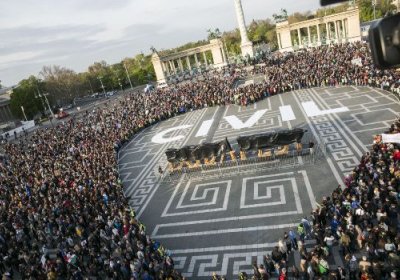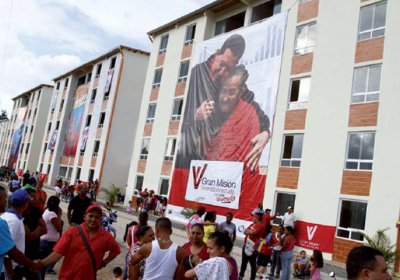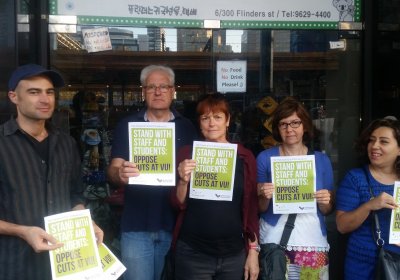Women took to the streeks of Caracas on April 27, demanding an end to violent opposition protests, Venezuelanalysis.com said that day. The rally was supported by dozens of women’s groups from across the country, after being called by the Minister of Women and Gender Equality, Blanca Eekhout.
“Sisters, let's go together to fill the streets with love in the defence of life,” Eekhout said ahead of the march. She added, “We will overcome!”











